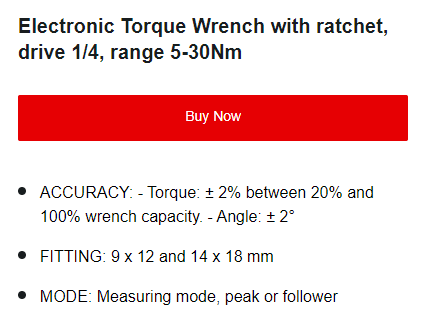To answer the first question, it depends upon the torque wrench. I've found the following online for a certain torque wrench:

As you can see in the image, it gives the accuracy as +/- 2% between 20% and 100% of wrench capacity. Again, not every torque wrench is going to be the same. I found on LinkedIn (of all places), which states:
Accuracy Range. Most torque wrenches, regardless of type, state their expected accuracy to be within some range; usually ±2-4% over 20%-100% of full scale for the particular wrench. Now, imagine that you have one of the beam-type, 30-200 ft-lb torque wrenches with a stated accuracy range of ±2% over 20%-100% of full scale.
I think we can extrapolate from that and say that most torque wrenches are going to provide better accuracy at the top 80% of their range. If you're looking at (or have) a torque wrench which is 25-to-250 lb-ft, it's probably going to give you the most accurate torque measurements at between 70 and 250.
With that said, while there is something to be said for accuracy (you don't really want to over- or under-tighten your fasteners), what is more important than pure accuracy from a torque wrench is consistency. What I'm getting at is, if you're looking for 80 lb-ft of force, it is far better to get to 78 lb-ft every time rather than having it hit 75-85 across all of your fasteners. Having the variability between fasteners is not healthy for the piece you're trying to clamp.
EDIT (for 2nd question)
I've never heard anyone in the automotive industry ever look at the factor you're talking about as anything other than there's a bottom and a top to how much the regular torque range of the wrench actually is. I can see mathematically there is a ratio, but to my knowledge this really has no meaning to anything with regards to if one is better than another. As is stated in the link I provided, the graduations between settings (ie: one step of adjustment equalling 5 lb-ft is going to be better than one step equalling 10 lb-ft) will make a difference.

